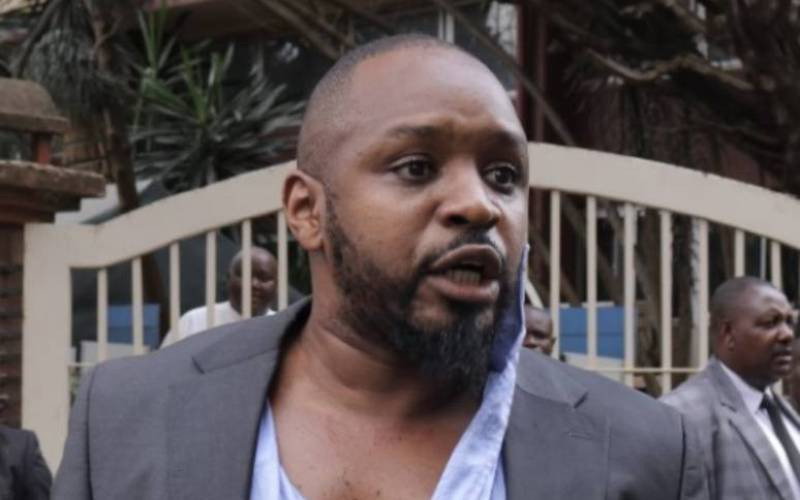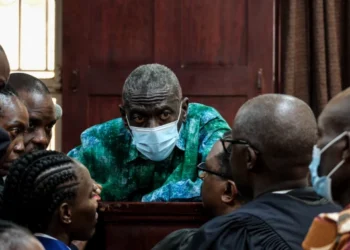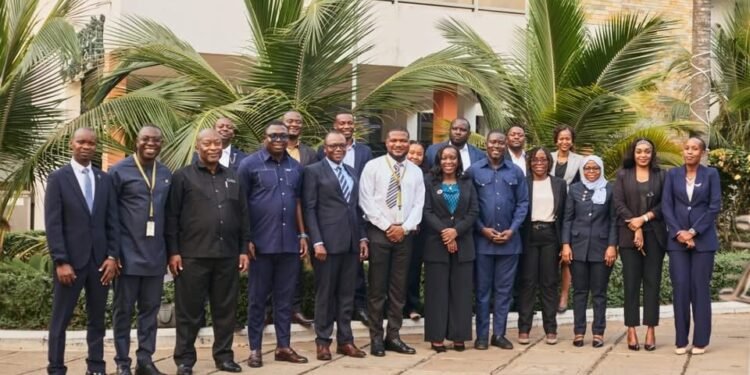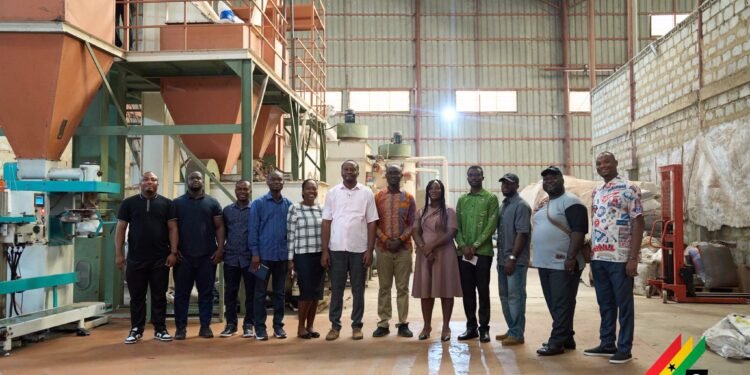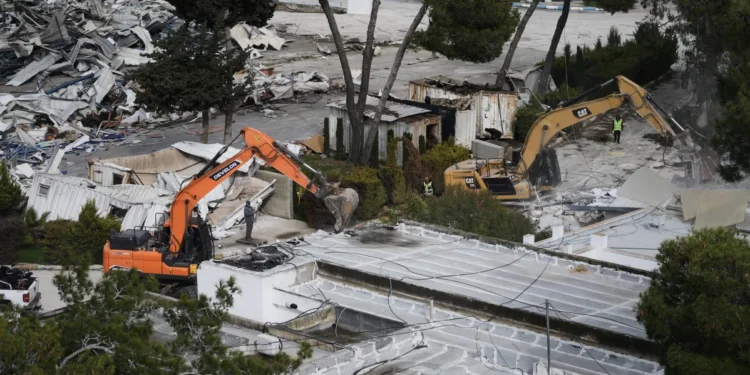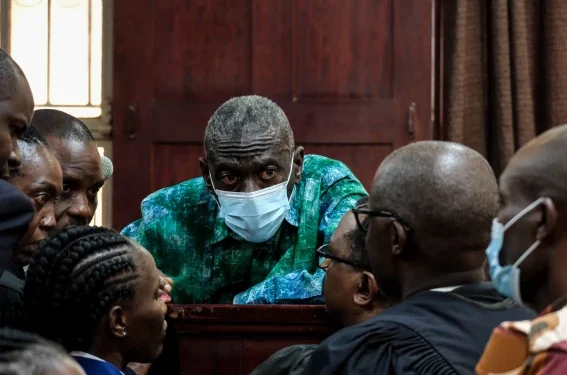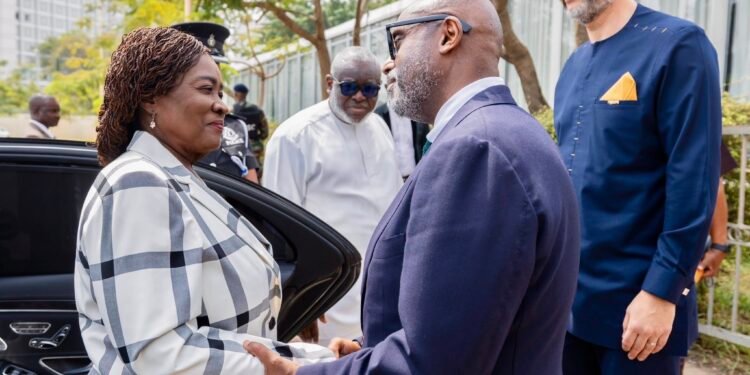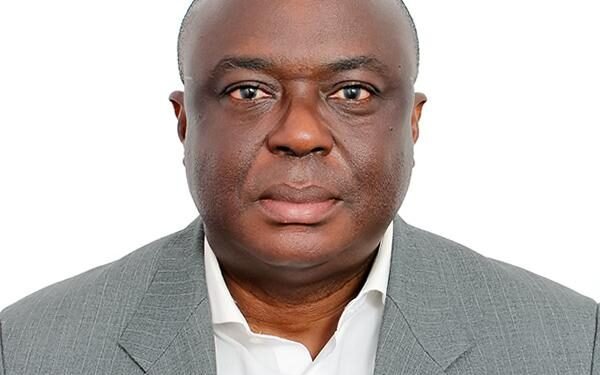Kenyan activist Boniface Mwangi has found himself at the heart of a rising diplomatic controversy after being detained in Tanzania. Mwangi, a well-known civil rights campaigner, was arrested alongside Ugandan human rights lawyer Agather Atuhaire. The two had traveled to Dar es Salaam to observe a high-profile court hearing involving Tanzania’s opposition leader, Tundu Lissu.
The duo was part of a wider East African delegation intent on monitoring legal proceedings in what has become one of the region’s most politically sensitive trials. However, their mission was abruptly interrupted when Tanzanian immigration officials took them into custody. Details surrounding their arrest remain scant, with authorities offering minimal updates, further fuelling regional concerns.
Tanzanian President Samia Suluhu has reacted strongly, issuing a warning about what she labeled as “foreign interference.” Her comments followed an earlier attempt by other Kenyan civil society figures to attend Lissu’s court hearing, which Tanzanian officials also blocked. The crackdown underscores Tanzania’s growing unease over outside scrutiny in its domestic affairs.
Tundu Lissu, once the leading opposition presidential contender and now the focal point of a legal and political battle, appeared in court on May 19, 2025. The charges against him are severe: treason, economic sabotage, and incitement.
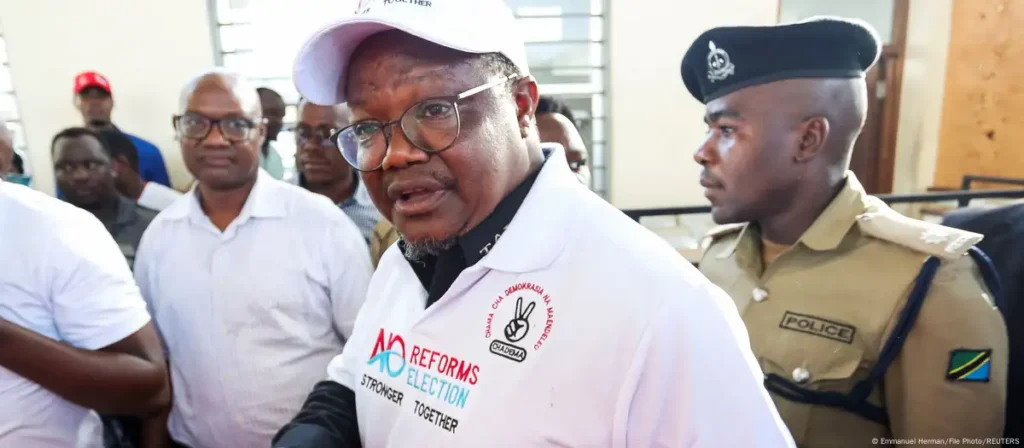
Making his first in-person appearance since his April 9 arrest, Lissu stood before the Kisutu Resident Magistrate’s Court with defiance. Supporters lined the court grounds, chanting the popular slogan “No reforms, no elections.” Lissu, raising his fist in solidarity, assured them: “We will be fine. You should not fear.” His statements were a direct challenge to the legitimacy of the charges, which many believe are politically driven attempts to suppress dissent.
Trial Postponed Amid Growing Scrutiny
The court has adjourned the trial until June 2, 2025, giving prosecutors more time to complete investigations. Lissu remains in custody under stringent security, as tensions continue to rise both inside and outside the country.
The case comes amid a larger crackdown on political opposition in Tanzania. CHADEMA, the country’s main opposition party led by Lissu, has been disqualified from participating in the 2025 elections after refusing to sign a controversial government-mandated code of conduct. The move is widely seen as a calculated strategy to eliminate real electoral competition.
Lissu’s repeated calls for electoral reform, particularly under the slogan “No reforms, no elections,” have galvanized opposition supporters across Tanzania. His campaign, however, is being met with forceful resistance from the ruling establishment. Critics argue that the government is transforming Tanzania into a managed democracy where genuine pluralism is eroded.
International human rights organizations have condemned the Tanzanian government’s actions, citing a worrying trend of arbitrary arrests, suppression of media freedom, and intimidation of civil society. The detention and deportation of foreign legal observers, including Mwangi and Atuhaire, have only intensified concerns about transparency and due process.
President Samia Suluhu Hassan has remained firm in her defense of these actions, cautioning against foreign involvement in what she insists are internal matters. Her administration’s stance has drawn further criticism, with many questioning Tanzania’s commitment to democratic norms.
The unfolding situation reflects a broader struggle over the future of democracy in Tanzania. Hopes for political renewal under President Suluhu, who succeeded the late John Magufuli, have dimmed. What once appeared to be a turn toward openness now increasingly resembles a repressive environment, especially as the 2025 elections draw near.
With CHADEMA sidelined and its leader battling serious charges, the credibility of the upcoming vote is under a cloud. The international community, along with regional stakeholders, continues to watch closely as Tanzania navigates a political landscape marked by fear, uncertainty, and suppression.
READ ALSO: Ghana Launches 5-Day Visa Policy to Boost Tourism and Investment

